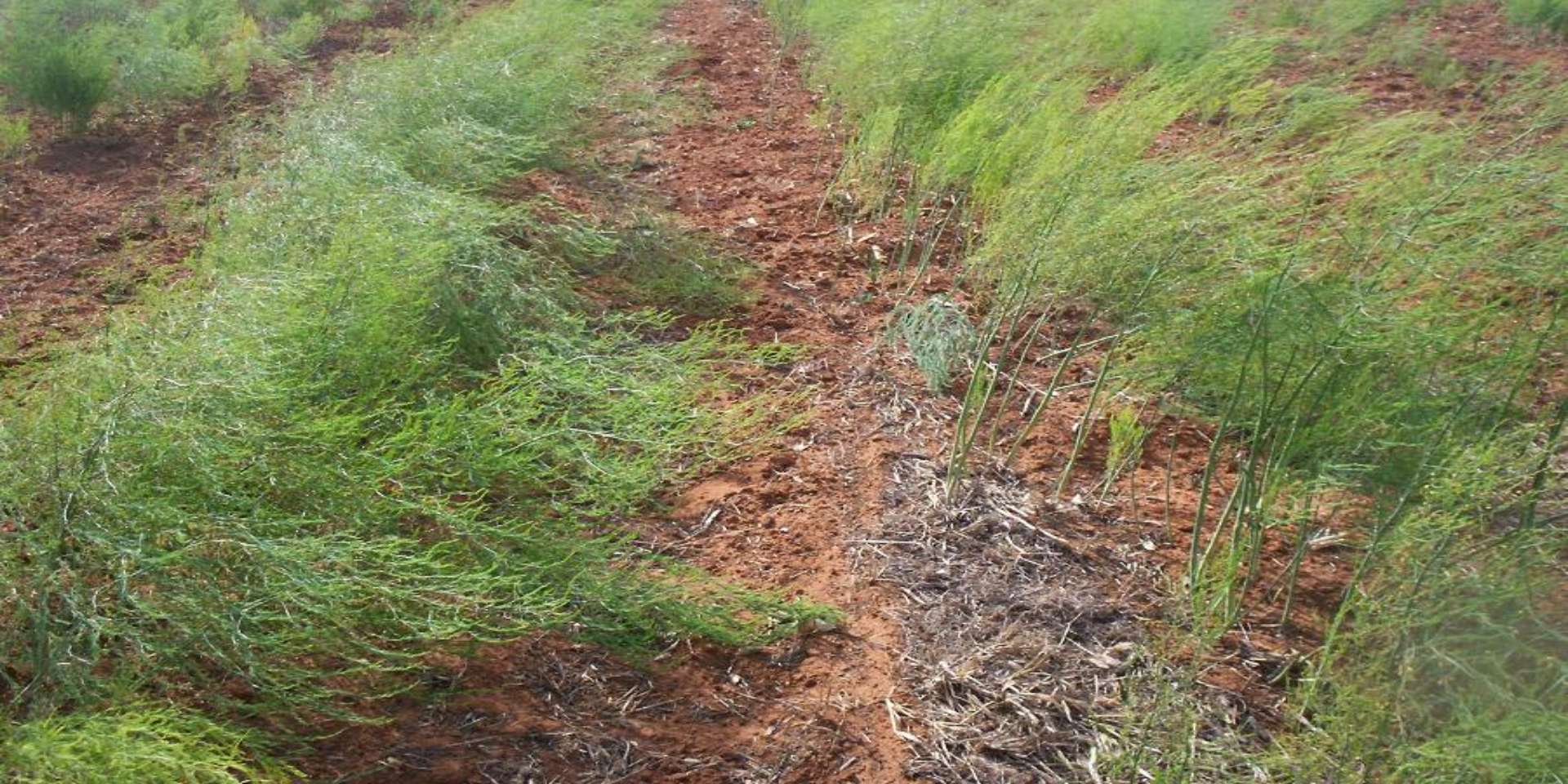Price: Nu. 0/Unit
The avocados are believed to be native to the south-central regions of Mexico and Guatemala. Scientifically, it is known as Persea Americana and falls under the family Lauraceae. Botanically, they are large berries containing a single large seed.
In Bhutan, the fruits of avocado are popularly called “GULEE” and they are climacteric fruit, which matures on the tree, but ripens off the tree similar to bananas.
Amongst hundreds of varieties, only two varieties such as “BACON and HASS” are officially released by the Department of Agriculture, RGoB in the farmer’s field.
Based on BHUTAN SEEDLING's past experiences, the non-grafted seedlings are performing better in the farmer’s field than the grafted ones. They are observed growing well at the altitude range of 250 to 2000 meters above sea level (MASL). The right season for the plantation is the summer season (May-July) and early spring (February – March). However, like other potted plants, the poly-potted avocado seedlings can be transplanted any season, provided that they require extensive care and on-time agronomic management.
Under good inter-cultural operations in the field, the non-grafted one-year-old avocado saplings can bear fruits at the age of 4 years after transplantation.
There are numerous benefits of avocado as follows;
- Rich in nutrients as they are sources of vitamins C, E, K, and B6, as well as riboflavin, niacin, folate, pantothenic acid, magnesium, and potassium. They also provide lutein, beta carotene, and omega-3 fatty acids.
- Healthy for the heart as it contains beta-sitosterol that helps in maintaining healthy cholesterol levels in our body.
- Great for vision due to the high content of two phytochemicals present in eye tissue such as lutein and zeaxanthin. These antioxidants even help to minimize eye damage from UV light.
- May help prevent osteoporosis as they contain Vitamin K that supports bone health by increasing calcium absorption and reducing the urinary excretion of calcium.
- Components may prevent cancer due to containing high levels of phytochemicals and carotenoids which protect against cancer progression.
- Supporting fetal health, especially for pregnancy cases. This is due to a high level of folate and fatty acids contained in avocado fruit. The risk of miscarriage and neural tube abnormalities will be reduced.
- Reducing depression risk as the folate helps in preventing the buildup of homocysteine. This substance can impair circulation and delivery of nutrients to the brain.
- Improving digestion due to high fiber content (approx. 6-7g per half fruit). They have the capacity to prevent constipation, maintain digestive tract health, and lower the risk of colon cancer.
- Natural detoxification by promoting regular bowel movements contributed by the fiber contained. This movement is crucial for the excretion of toxins through the bile and stool.
- Osteoarthritis relief due to saponins contained in the fruits.
- Antimicrobial action. as per the research, the avocado seed extracts can help defend the body against both Streptococcus agalactiae and Staphylococcus aureus infections.
- Protection from chronic disease due to monounsaturated fatty acids in avocados especially cardiovascular disease, stroke, hypertension, diabetes, obesity, and certain gastrointestinal diseases. The avocado is a fruit of high fiber content when the intake of the right fiber can also lower blood pressure and cholesterol levels, improve insulin sensitivity, and enhance weight loss for people with obesity.

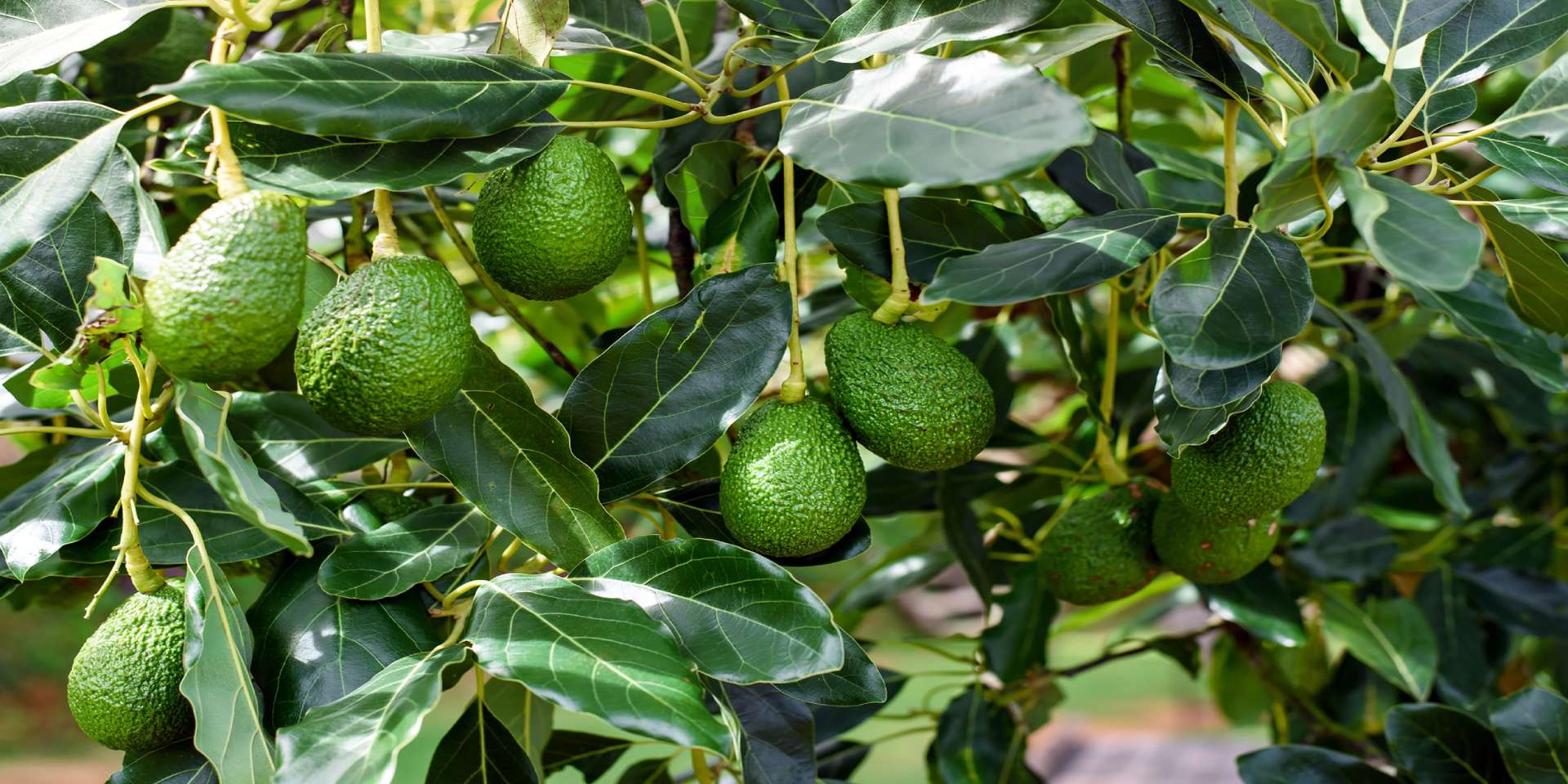
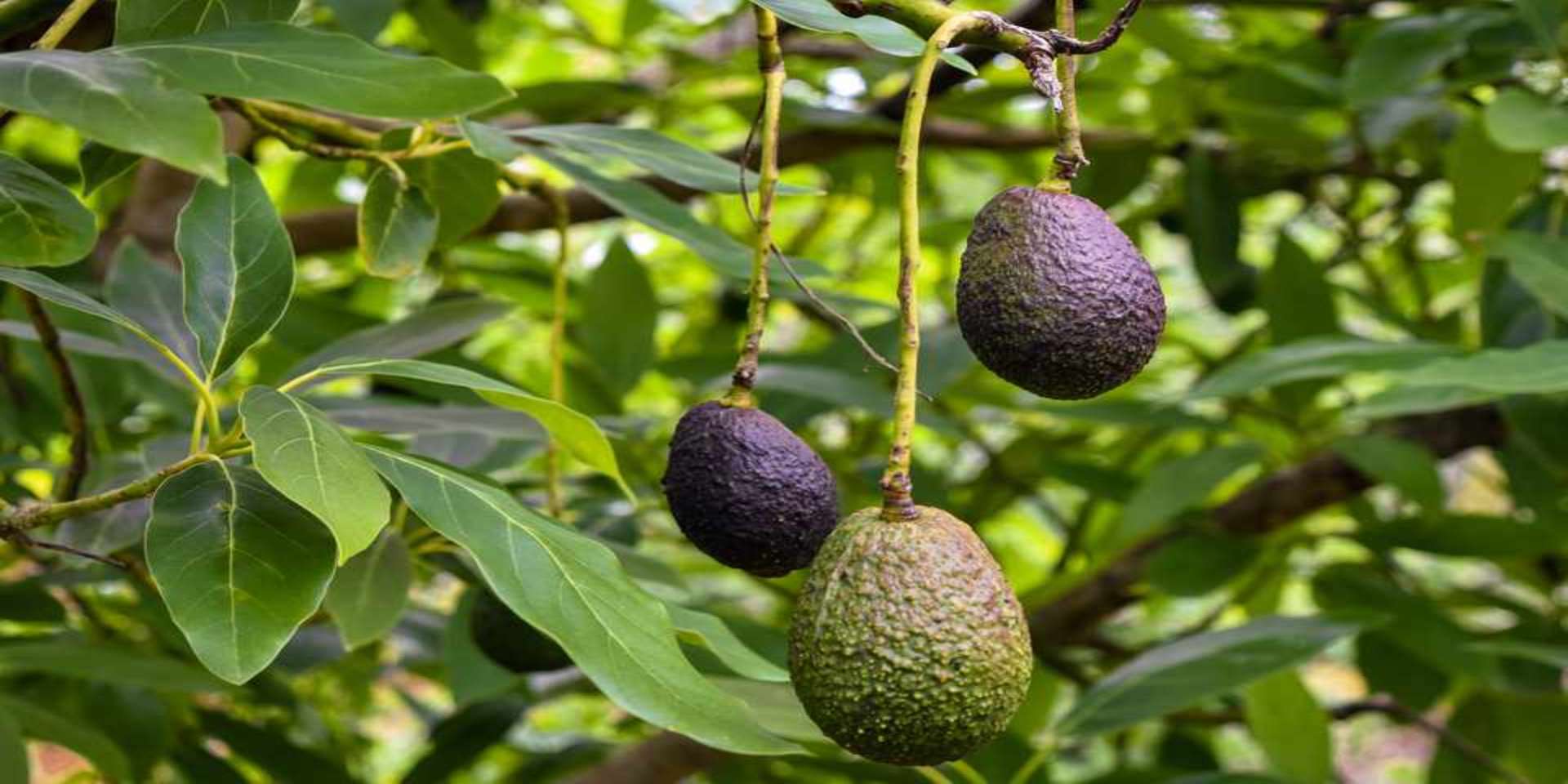
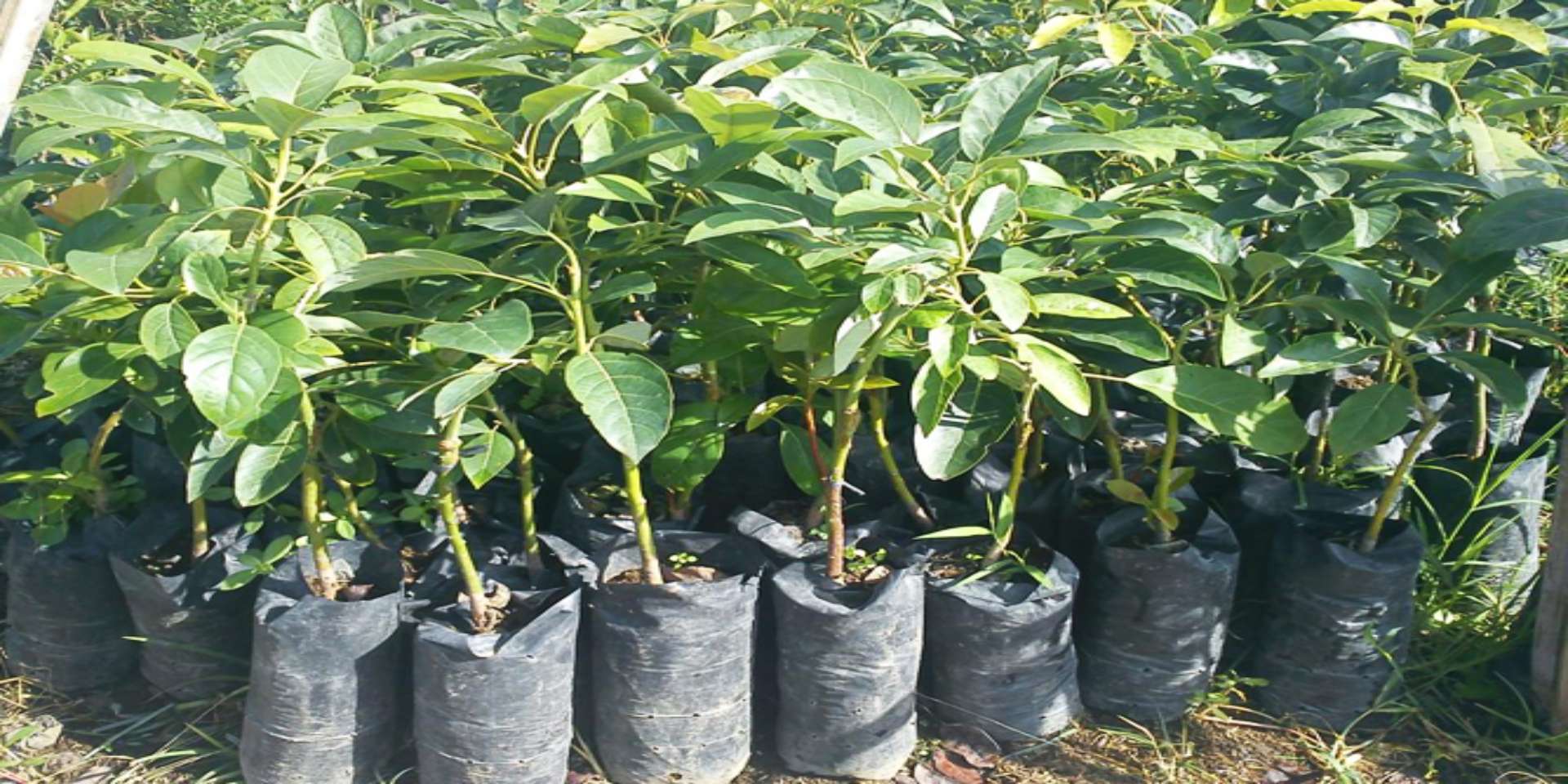
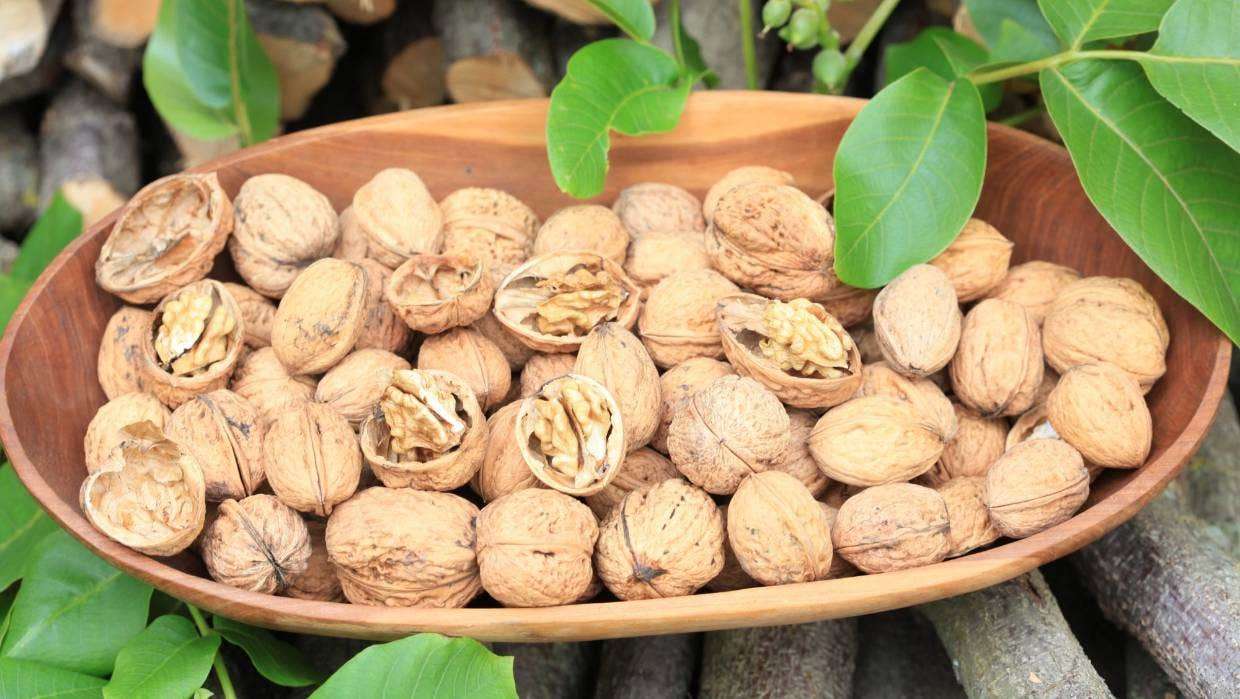
.jpg)
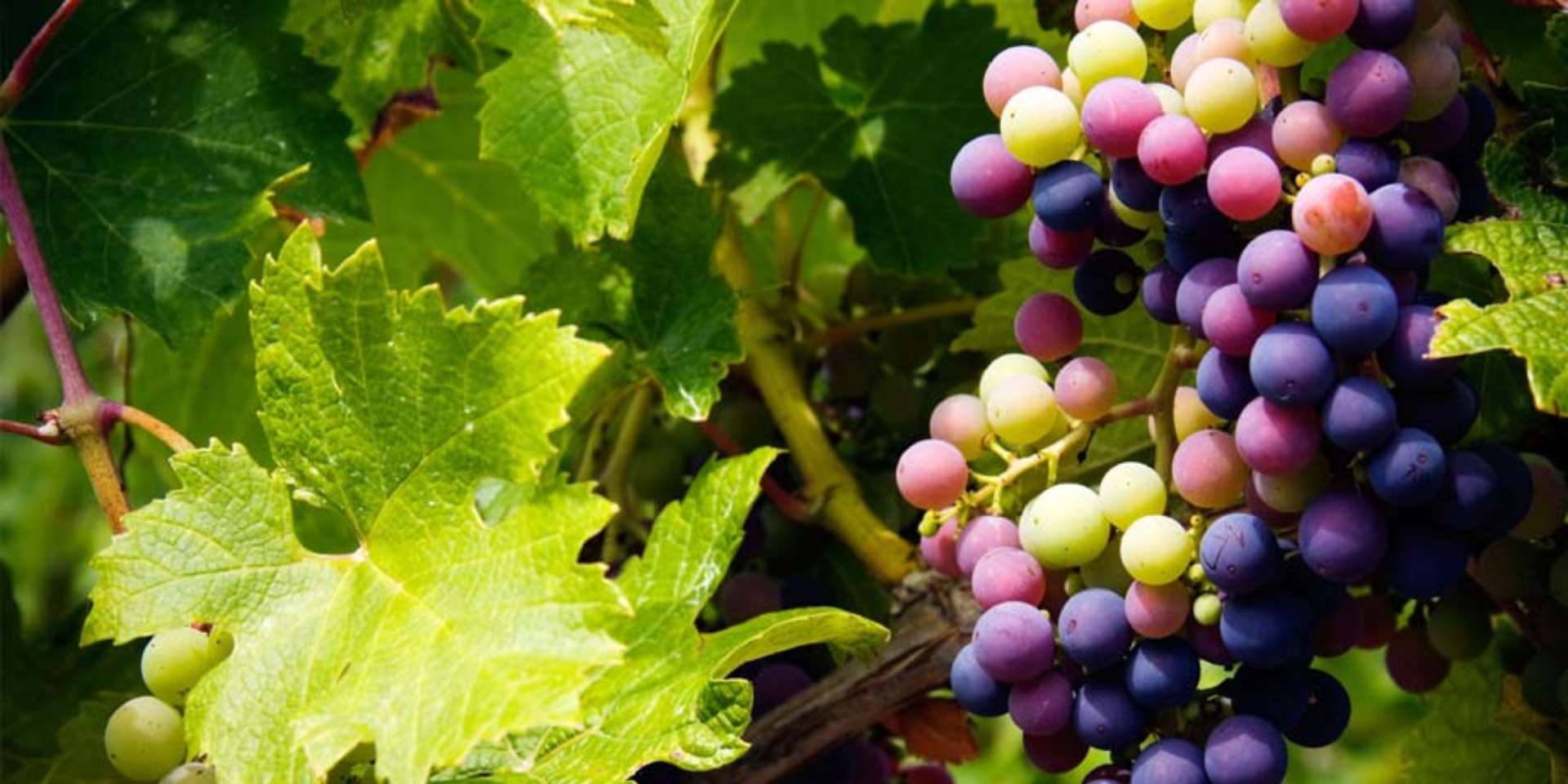
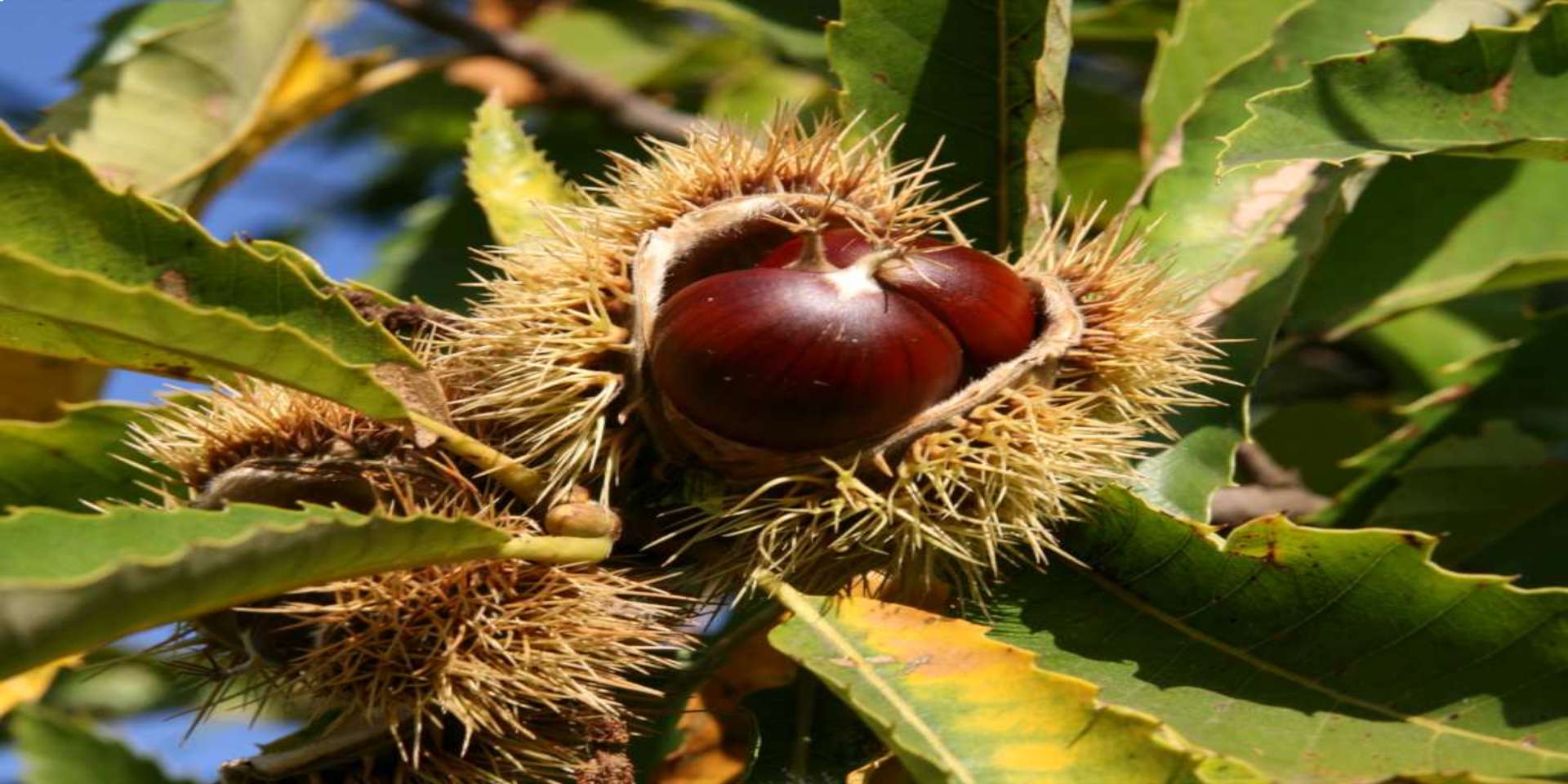
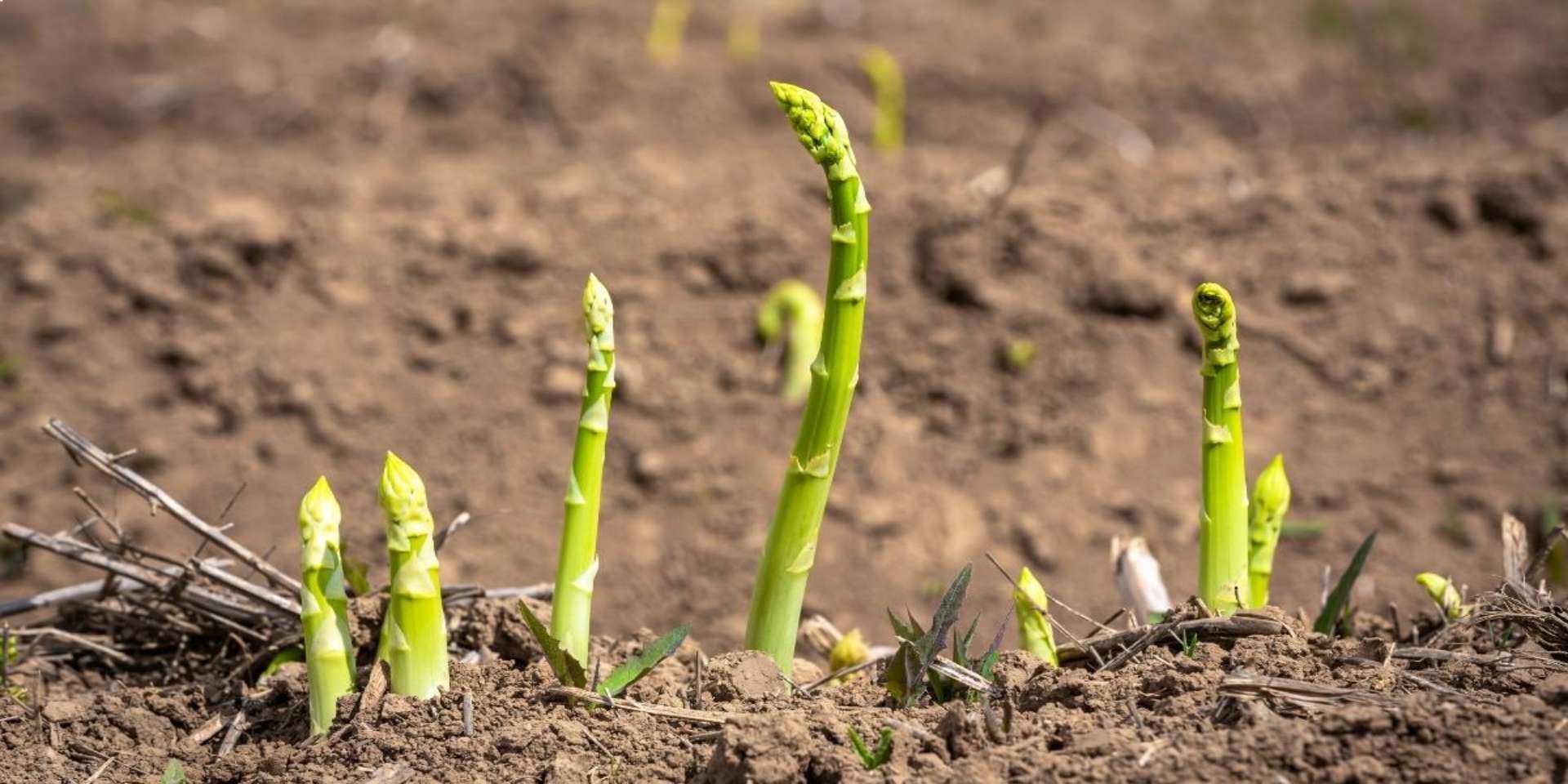
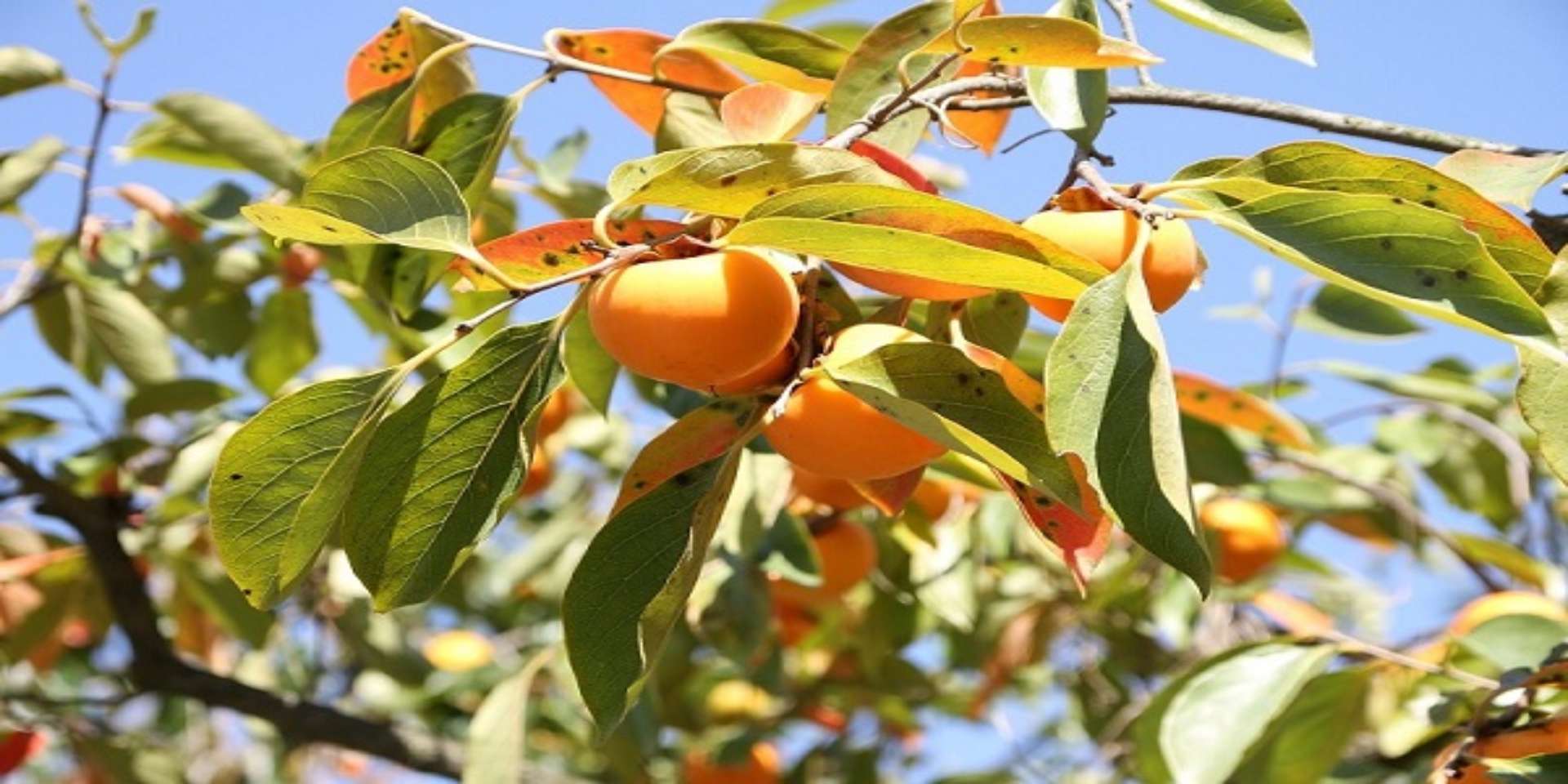
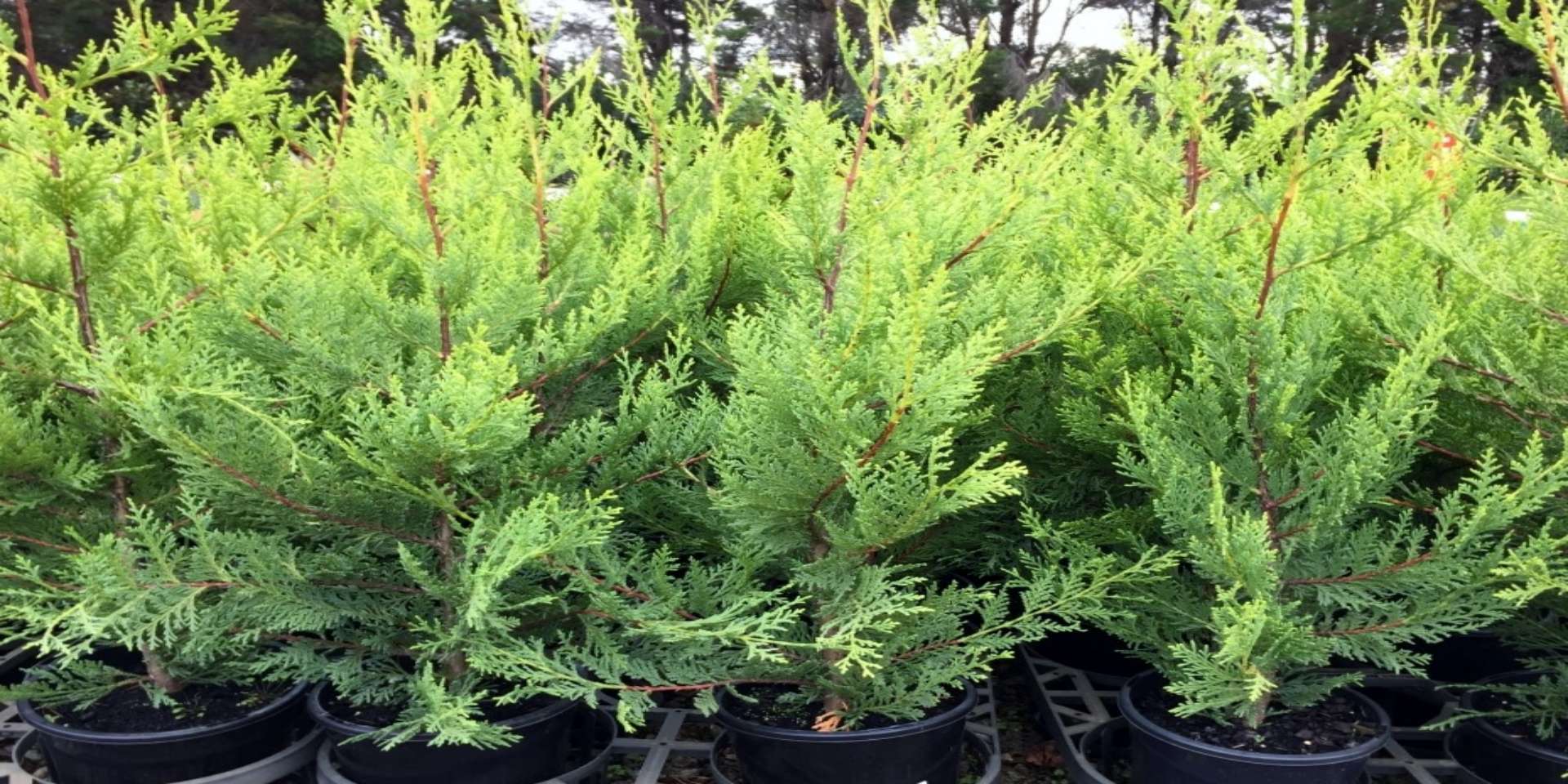
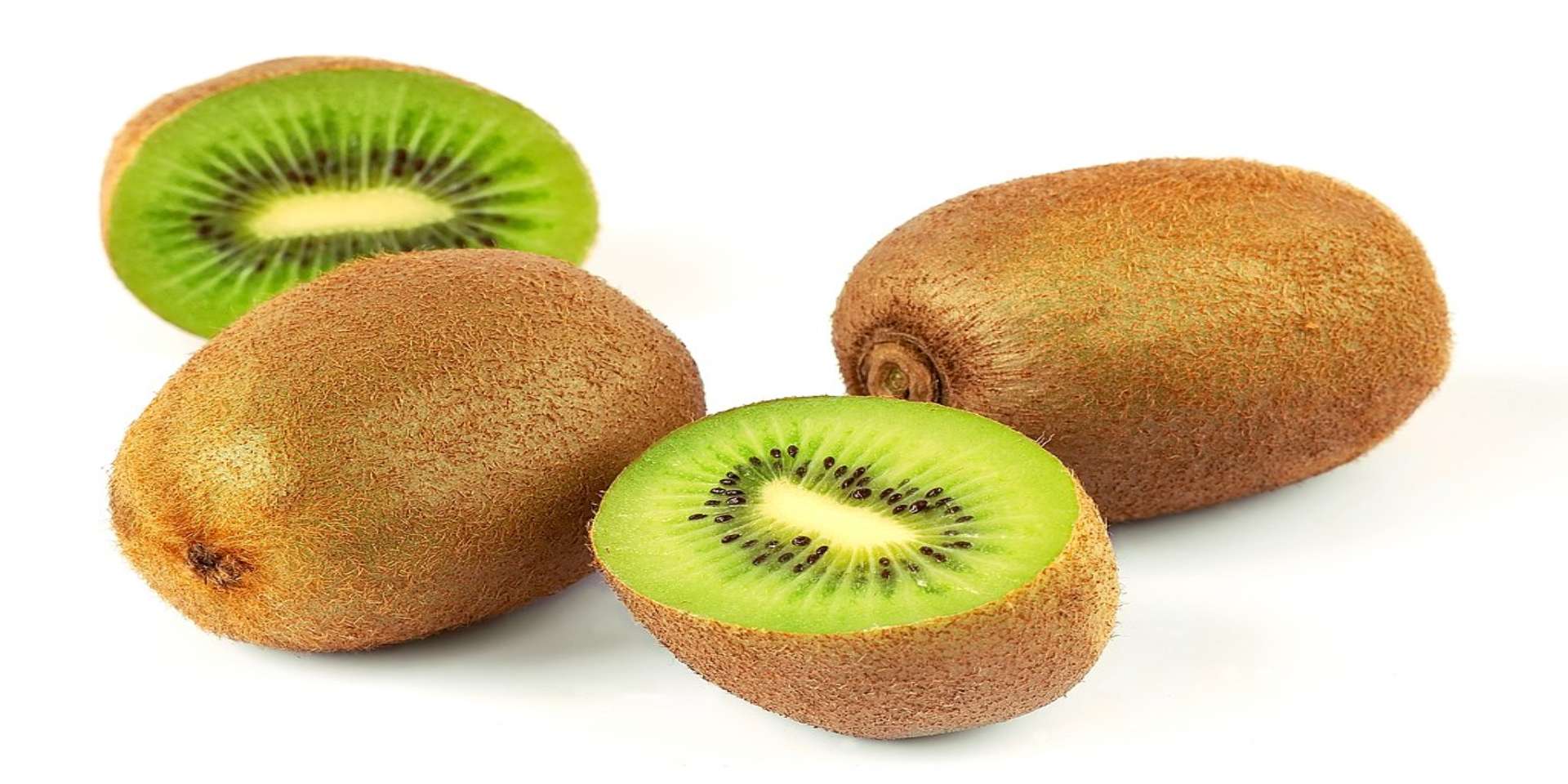
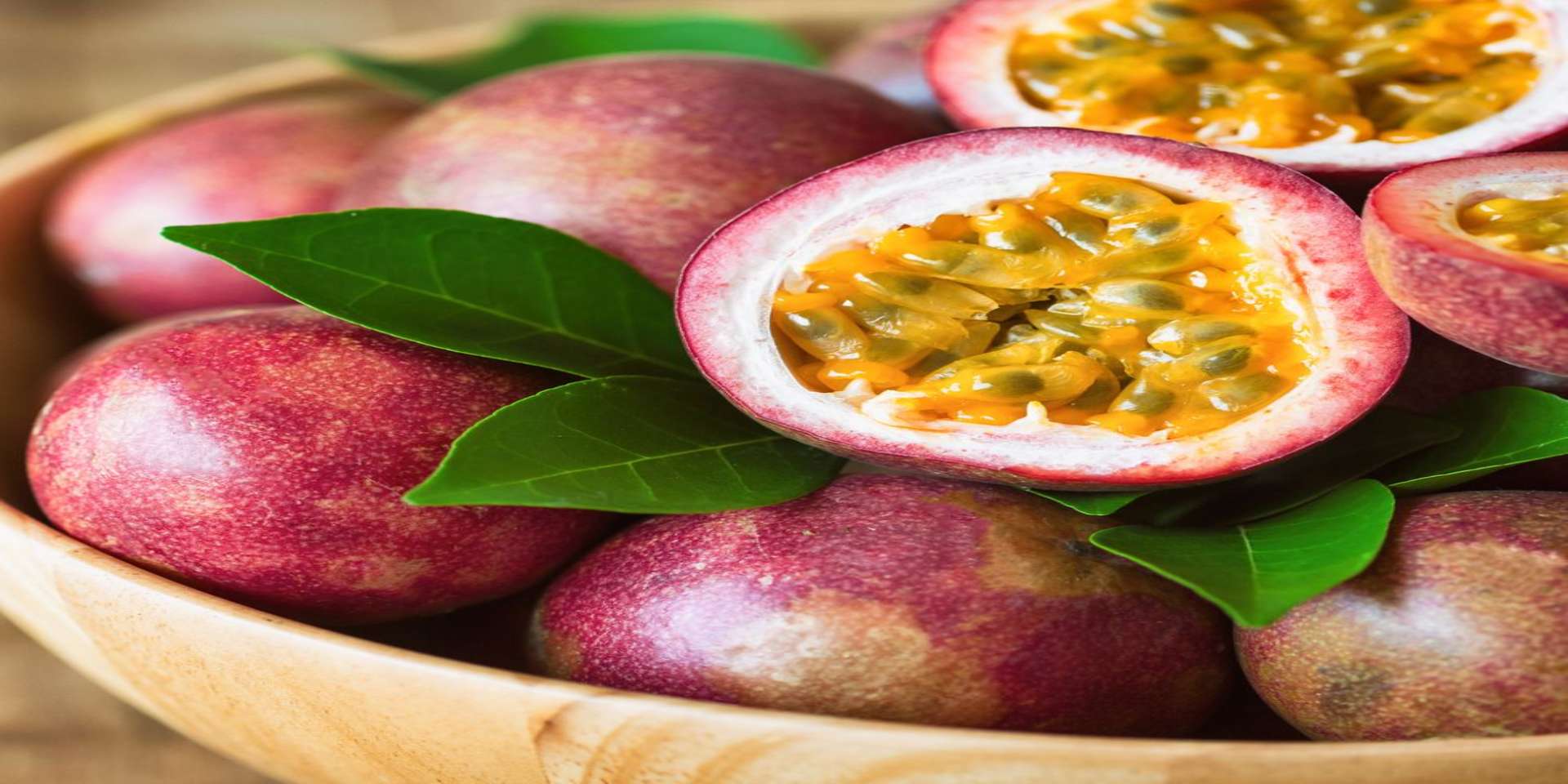
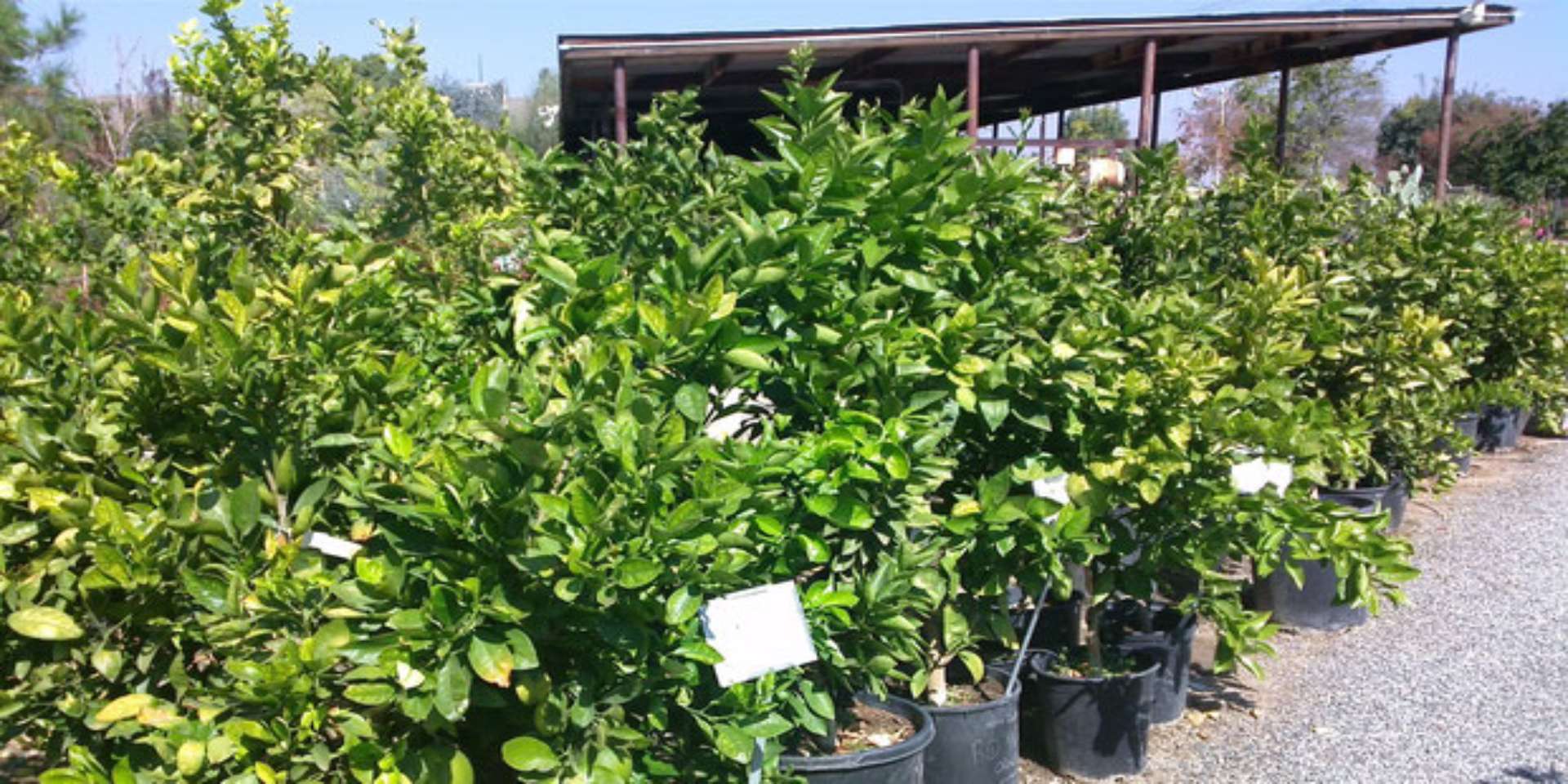
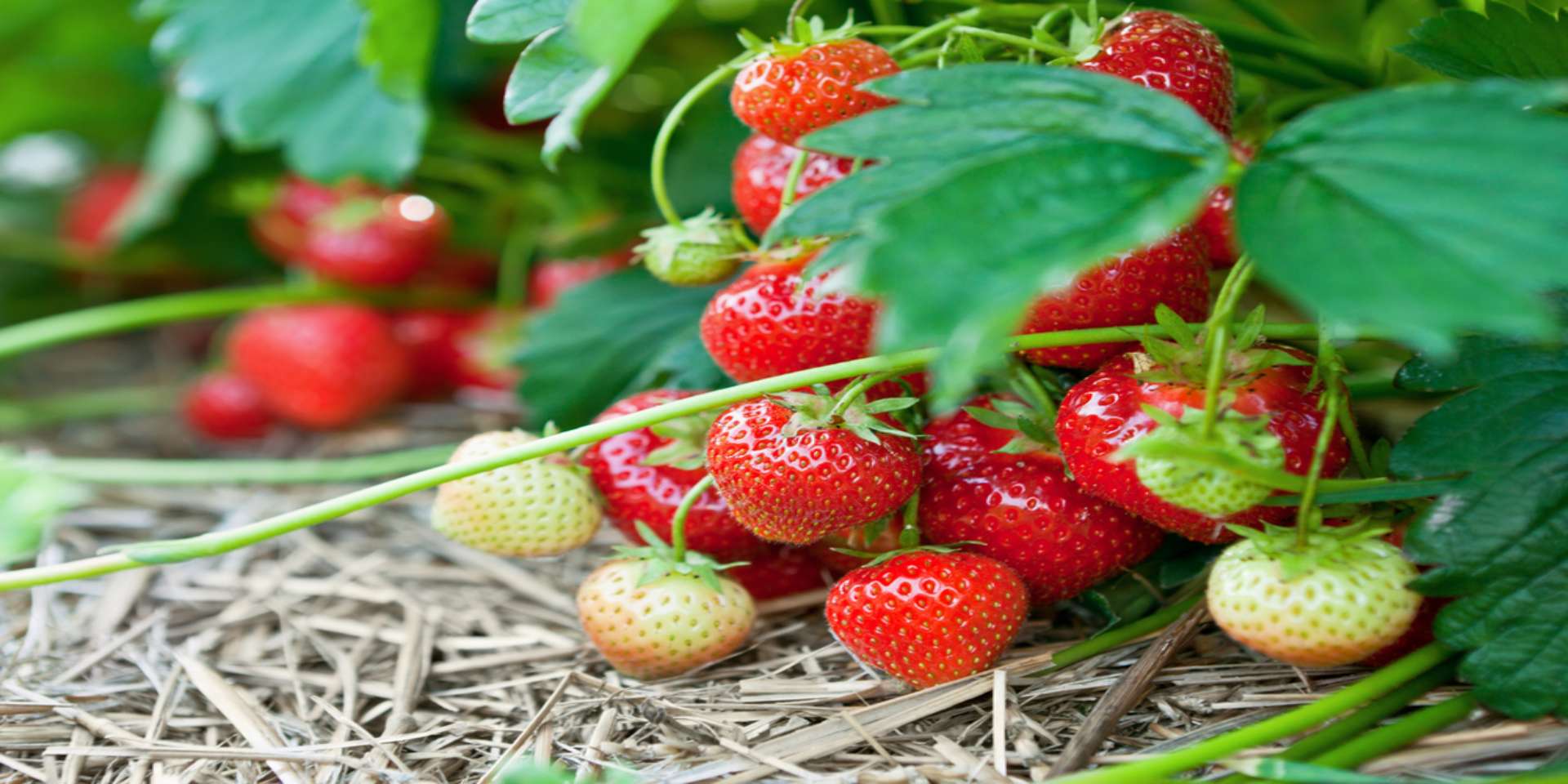
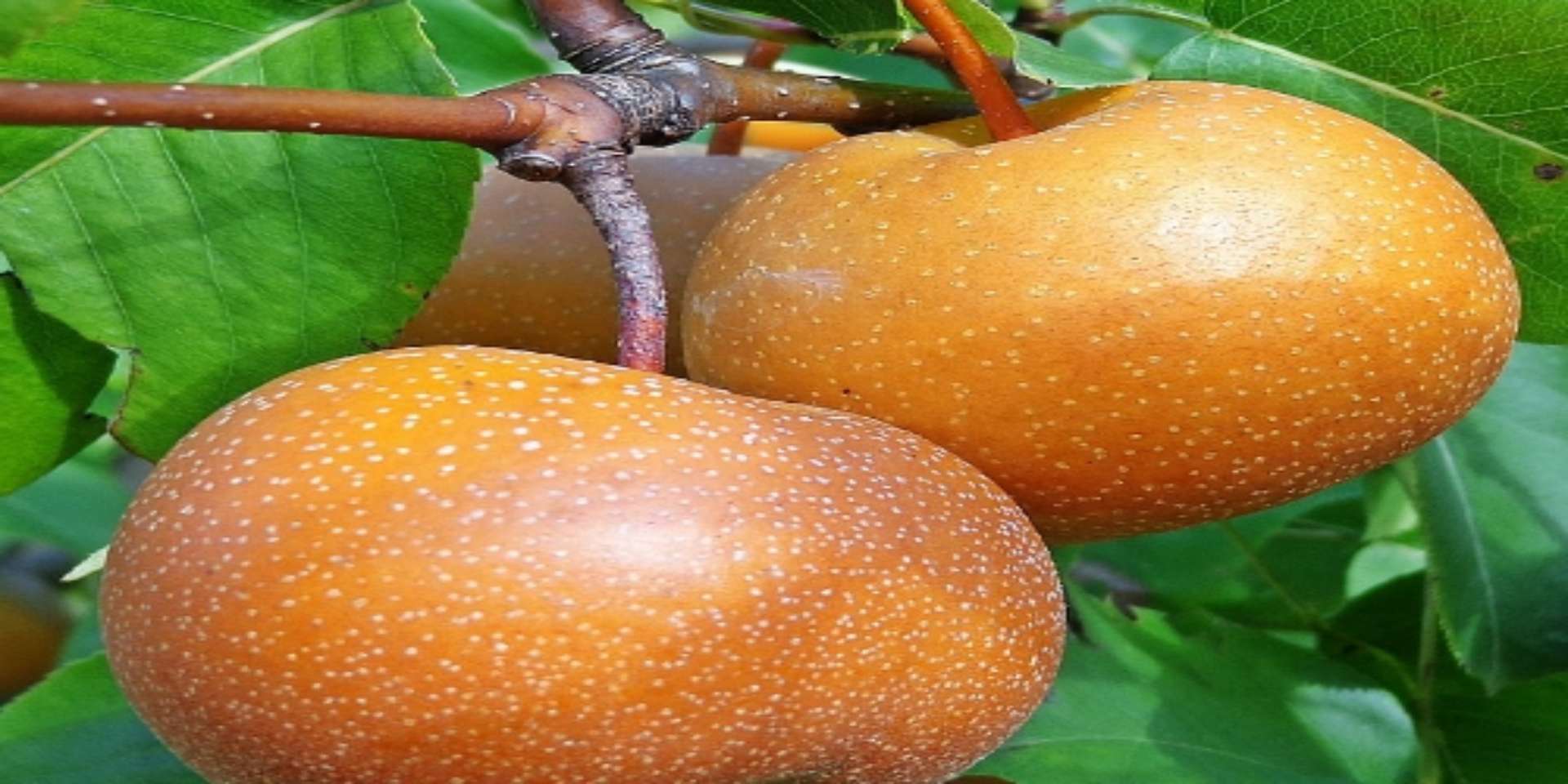
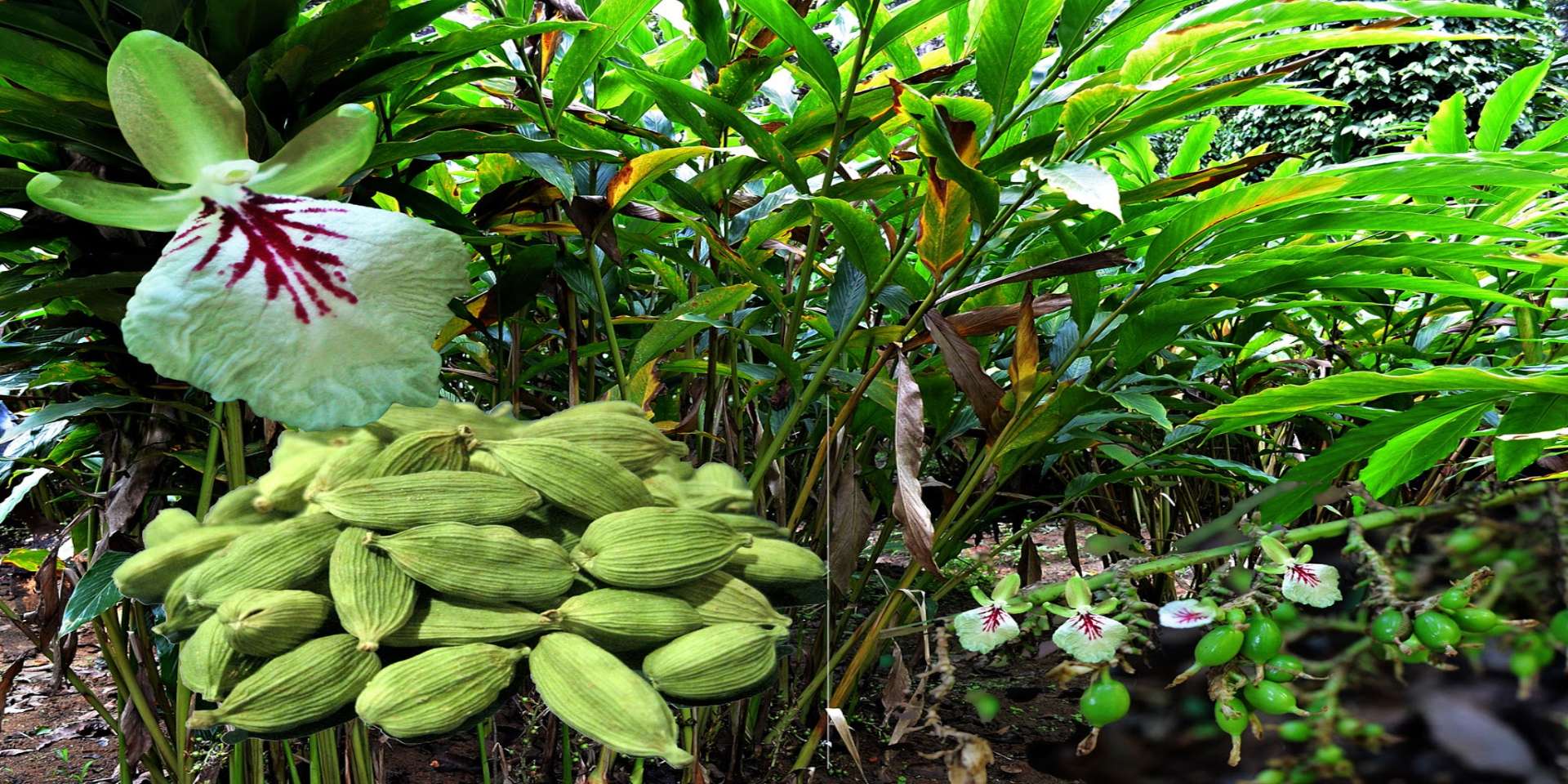
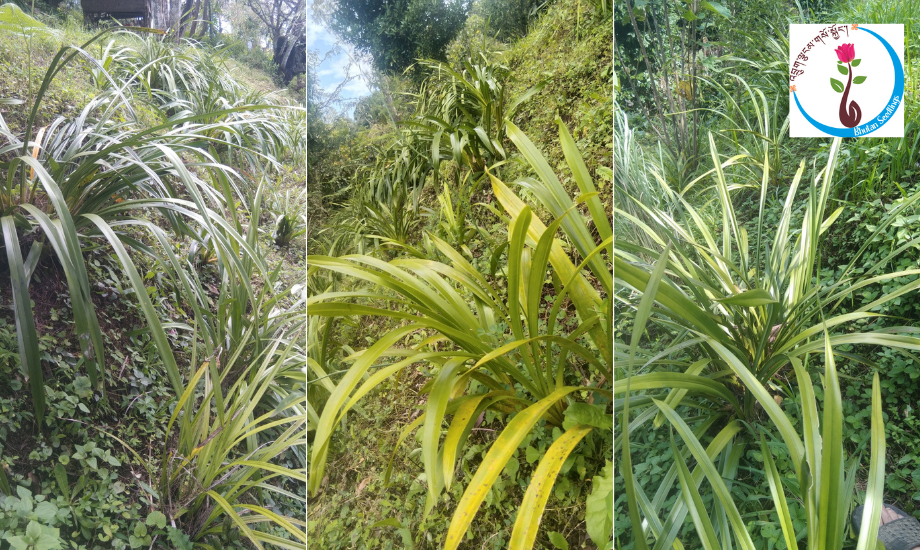
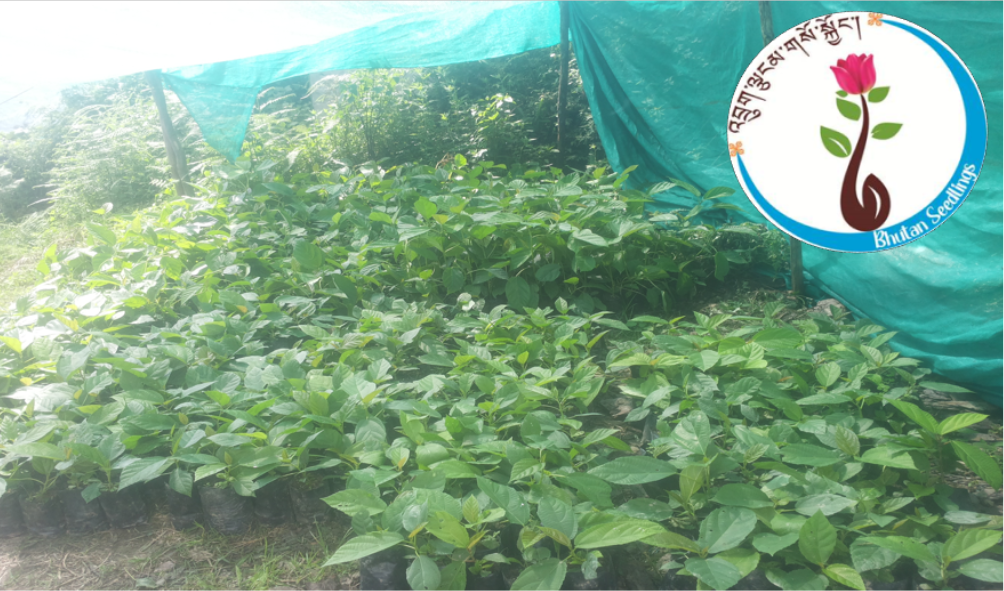
.png)
